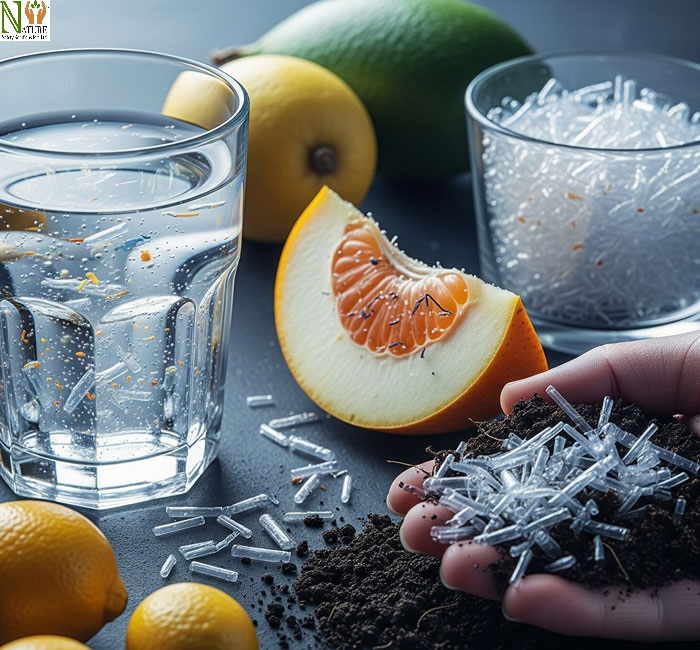Plastic has transformed human life with its convenience and durability, but its impact on the environment is now one of the most pressing issues of our time. Among the various forms of plastic pollution, microplastics have emerged as an invisible yet pervasive threat.
These tiny fragments of plastic, often less than 5 millimeters in size, are found in our oceans, soil, air, and even in the food we eat and the water we drink. Scientists are raising alarms about their growing presence and potential risks to ecosystems, wildlife, and human health.

What Are Microplastics?
Microplastics are small plastic particles that come from two primary sources:
Primary microplastics – manufactured for use in products such as cosmetics, microbeads in toothpaste, and industrial scrubbers.
Secondary microplastics – formed when larger plastic waste, like bottles or bags, breaks down into smaller pieces due to sunlight, weather, and physical wear.
Because of their microscopic size, these particles easily spread into natural systems, entering rivers, oceans, and the air we breathe.
Everywhere You Look, They’re There
Microplastics don’t stay where they’re thrown. They travel. They’ve been found in the deepest parts of the ocean and on remote mountaintops. They’re in soil, rivers, and even falling from the sky with rain.
- In our food: Microplastics have been found in seafood, table salt, honey, and even fresh produce like apples and carrots.
- In our water: Bottled water is often a major source, with some studies detecting thousands of plastic particles in a single liter.
- In us: Research has found microplastics in human blood, lungs, and even unborn babies through placental tissues.
How Do Microplastics Impact the Environment?
The environmental effects of microplastics are devastating:
- Marine ecosystems: Fish, shellfish, and seabirds often mistake microplastics for food, which can block their digestive tracts or lead to starvation.
- Soil quality: Microplastics alter soil structure and reduce its fertility by affecting microorganisms.
- Toxic chemical release: Plastics often contain harmful additives such as phthalates and bisphenol A (BPA). When microplastics break down, these chemicals leach into the environment.
Health Risks for Humans
Though research is still ongoing, experts believe microplastics may pose serious health risks:
- Toxicity: Many plastics contain harmful chemicals that can disrupt hormones and potentially lead to reproductive and developmental issues.
- Inflammation: Ingested microplastics can cause inflammation and oxidative stress in tissues.
- Unknown long-term effects: The full impact on human health is still unclear, but early studies suggest links to immune system stress and chronic diseases.
The Main Sources of Microplastic Pollution
Everyday products and activities are major contributors to microplastic pollution:
- Synthetic clothing, such as polyester and nylon, releases microfibers during washing.
- Tires shed microplastic particles as they wear on roads.
- Personal care products with microbeads add microplastics to water systems.
- Single-use plastics like bags, packaging, and bottles break down into tiny fragments over time.
What Can We Do to Reduce Microplastic Pollution?
While global regulations and policies are essential, individuals can take steps to reduce microplastic pollution:
- Avoid single-use plastics – Carry reusable bags, bottles, and containers.
- Choose natural fabrics – Opt for cotton, linen, or wool over synthetic fibers.
- Use microplastic filters – Washing machine filters can catch microfibers from clothes.
- Be mindful of products – Avoid cosmetics or cleaning products that contain microbeads.
- Support bans and recycling efforts – Encourage governments and businesses to reduce plastic production and improve recycling systems.
Also read:
